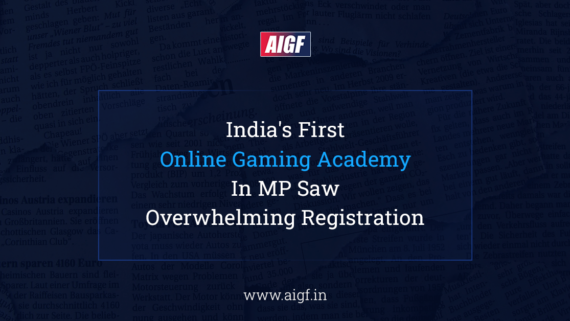The Supreme Court has effectively given a decision for the OSG industry this year, expressing that games of skill are not gambling, and offering games of skill is a genuine action secured under the Indian Constitution. This decision has been additionally repeated on numerous occasions by different high courts, including the Karnataka High Court.
Online Skill Gaming Industry Appeal For Regulation Over Prohibition
The Karnataka government on Friday postponed the ‘Karnataka Police (Amendment) Bill, 2021,’ in the assembly to boycott online betting or gambling in the state with maximum detainment of three years and punishment up to Rs 1 lakh. Postponed by Home Minister Araga Jnanendra, the bill plans to ‘boycott online games, including all types of betting or wagering, including for the type of tokens esteemed as far as money paid previously or after issue of it. It restricted electronic means and virtual currency, electronic exchange of funds regarding any game of chance’. The bill concerns the early yet quick developing online skill gaming (OSG) industry as an expanding number of Karnataka-based unicorns rise out of this sector. “The OSG sector has been a solid monetary supporter of the Indian economy in any event, during an exceptional time of the stoppage, and is additionally expected to produce income of more than $3 billion by 2025. The move by the Karnataka government in postponing the Karnataka Police (Amendment) Compliance Act, 2021 act can be viewed as a misfortune to the state’s standing of being a tech-center point and start-up capital,” Roland Landers, CEO, All India Gaming Federation, said.
To give a point of view, the Supreme Court has effectively given a decision for the OSG industry this year, expressing that games of skill are not gambling, and offering games of skill is a genuine action secured under the Indian Constitution. This decision has been additionally repeated on numerous occasions by different high courts, including the Karnataka High Court.
Skill-based gaming couldn’t be compared to gambling, and banning isn’t an answer. The Indian regulatory framework has separated between games of skill and games of chance in India, Vikramajit Sen, a previous Judge of the Supreme Court and previous Chief Justice of the Karnataka High Court, said. “Games of chance are viewed as gambling as it includes luck rather than skill and accordingly it is explicitly restricted by the law, wherein games of skill are considered legitimate across most states including digital and online. The sector needs the help of state governments to promote drives towards capable gaming,” he added.
The draft bill will likewise forbid games like online chess, archery, online quiz games, other Indian games, all-digital version of traditional games, incorporating games included for the Asian Games and Olympic Virtual Series.
In the backdrop of Asian Games declaring that 24 medals will be granted for Esports at the following year’s release, this law can be exceptionally tricky for the expert gaming players as this might influence the jobs and pay off these gamers living in that state.
As per PK Misra, President Players’ Association – AIGF and former senior IAS, around 10-12% of India’s gaming community is situated in Karnataka, and a large number of these players who compete at the global level are afraid for their livelihoods, yet in addition their capacity to seek after their dreams about becoming proficient players on worldwide stages. “The move will influence the online skill-based gaming sector, putting a stoppage to player’s right to acquire their vocation. There is no clarity on the extent of this law, and we stay in constant dread of the players’ livelihood being restricted whenever without prior information,” he said.
Various states including Tamil Nadu have attempted to boycott skill-based online games. Madras High Court last month gave a detailed judgment striking down the Tamil Nadu law which disallowed online games of skill, as unlawful. The court explained that any limitation on games of skill, regardless of whether online or offline, should be narrow and the state should attempt to manage, rather than boycott. The HC additionally expressed that Entry 34 of the State List under the constitution, from where the Karnataka amendment follows its force, can’t be utilized to regulate games of skill, and must be utilized to boycott/control games of chance.
Credits: WorldNewsEra











Comments
Comments are closed.